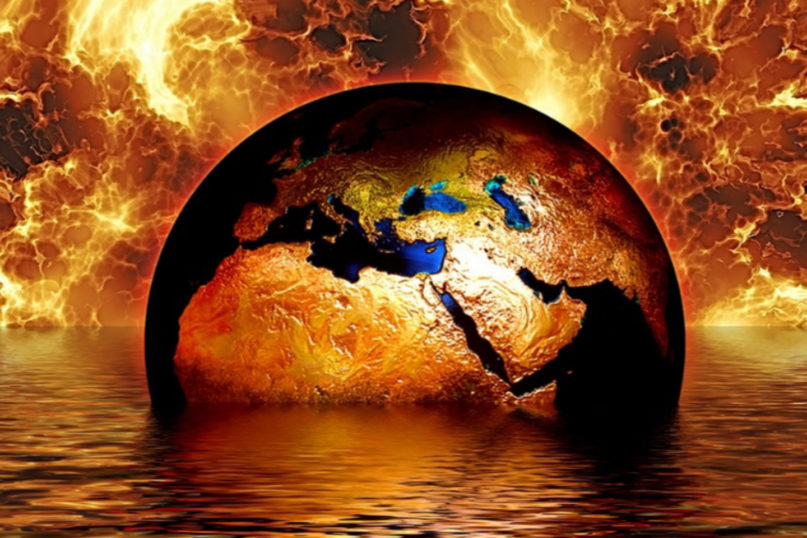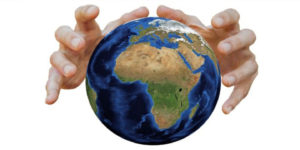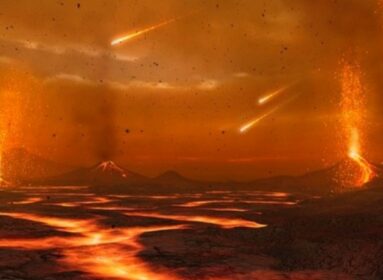
Unlike climate change, it is easier to see the reality of the decline of the natural world, a major study on it will be released in May.
For over a decade global warming has been trigger words. Whether you believe in global warming or not, chances are that the topic elicits some type of emotional response. But what is more tangible is the subject matter of a United Nations backed study three years in the making that is set to be published in May on the decline of the natural world.
Unlike climate change, it is easier to see the reality of the decline of the natural world. Deforestation, decreasing populations or extinction of certain species of both animals and plants, the exploitation of both land and sea are all visible factors of the decline of the natural world.
“The loss of species, ecosystems and genetic diversity is already a global and generational threat to human well-being. Protecting the invaluable contributions of nature to people will be the defining challenge of decades to come. Policies, efforts and actions at every level will only succeed, however, when based on the best knowledge and evidence. This is what the IPBES Global Assessment provides,” said Sir Robert Watson an Intergovernmental Science-Policy Platform on Biodiversity and Ecosystem Services (IPBES) Chairperson.
This is the first study of its kind done since 2005 and includes a research team of 150 scientists from 50 different countries. The study covers all land-based ecosystems (except Antarctica), inland water and the open oceans. It also evaluates changes over the past 50 years and thus the implications for our economies, livelihoods, food security and quality of life. It also ranks the relative impacts of climate change, invasive species, pollution, sea and land use change and a range of other challenges to nature and is the first study to take the knowledge of indigenous people into account.

“We are at a crossroads. The historic and current degradation and destruction of nature undermine human well-being for current and countless future generations,” said Watson. “Land degradation, biodiversity loss and climate change are three different faces of the same central challenge: the increasingly dangerous impact of our choices on the health of our natural environment.”
The Summary for Policy Makers’ of the report is scheduled for public launch at UNESCO world headquarters, Paris on May 6. The New Mind Journal will repost the findings.

By: Alexandria Addesso


































































Comments are closed.